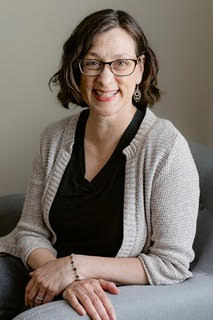Grief and Loss: An Interview With Deb McGarvey, LSW

Today we’re excited to share our interview with Deb McGarvey, LSW, a Chicago-area therapist who specializes in helping clients deal with grief and loss. Drawing on professional and personal experiences with various types of loss, Deb also has a background in community partnerships. With grief and loss being such universal experiences, we’re excited to learn from Deb’s expertise:
You explore many facets of grief and loss. What are some elements of how we experience and process grief that many people are not aware of until they’re in the midst of it?
There is no right or wrong way to grieve; grief looks different for everyone. Sometimes the feelings that come with a loss aren’t the feelings we might expect, everything from anger to relief or even a lack of strong emotions. There’s no common timeline to grief, and it isn’t a straight line. So having good days and bad days is totally normal. Often people experience a second wave about three or four months after a loss. Grief and loss can also bring physical symptoms, such as headaches, nausea, or a feeling of breathlessness. Many people are uncomfortable around loss, so when you are dealing with loss, people in your life may say or do things that are super unhelpful, even though they have good intentions.
Those are such important things to be aware of Deb, both as people who experience grief as well as people who support others who are grieving. Many people think of grief as mourning the loss of a loved one. What are some other circumstances that tend to evoke grief?
So many experiences can bring feelings of grief and loss, such as loss of a romantic relationship, injuries or health changes, fertility challenges, becoming an empty nester, or loss of a job or career. Caregivers, as well as other family members, may experience grief as they watch their loved one change over time as the result of dementia or another illness.
That’s a common thing we work with families on too, the grieving of a loved one who is still alive but has been through significant health, cognitive, and behavioral changes. What are some ways in which you work with people to process grief?
Talking about a loss can be hugely therapeutic in and of itself. When we experience loss, people around us may feel uncomfortable or be unsure of what to say, so having someone who can listen with care and compassion is really important. I’m a big proponent of mindfulness and meditation, which I’ve personally found to be very grounding, and which can help us regulate our nervous systems so we can function even when we are experiencing strong emotions. I also like to know what people’s cultural norms are around mourning and what support systems they have, to help them use those supports and rituals to help them navigate their loss. I welcome and honor all religious and cultural backgrounds.
This is such a beautiful approach, Deb. How can people prepare themselves if they anticipate going through a challenging situation where grief may be present?
It’s never too early to reach out to a therapist or look for a support group. Having a safe, supportive space to process feelings and thoughts about an upcoming situation can help normalize your experience and give you tools to use. If you’re someone who likes to read and learn that way, there are books specific to certain types of illnesses or experiences that can help prepare you as well.

You are starting a grief support group. Tell us more about your group and who might benefit from participating.
Yes! My upcoming support group is a virtual group for people dealing with the loss of a parent or elder. It starts on Wednesday, July 24th and will run for 8 weeks, on Wednesdays from 12 to 1 pm CST. Anyone who has lost a parent, or a parent figure in their life, whether it’s happened recently or it’s been a while, could benefit from this group. We will talk about common reactions to grief and loss, customs and rituals around mourning, and share stories and experiences in a safe, supportive space. I’ll offer specific activities at certain sessions, as well as discussions focused around the themes that come up in our meetings. Everyone will have opportunities to speak, but no one will be forced to speak or participate in a specific way, although virtual groups work do much better when everyone keeps their cameras on. The goal is that by the end of the eight-week session, folks will take away helpful tools and a feeling of community as a result of participating in the group. You can register here. I also have immediate availability for individual sessions, either virtual or in-person in Barrington, IL. So if folks are looking for individual therapy in addition to, or instead of, a group, or if they are dealing with different types of loss, anticipatory grief, or the stressors that coming with caregiving, one on one sessions might be a good fit.
This is wonderful to know, Deb, thank you. Lastly, can you share some resources for people who are on their journey of processing grief and loss?
There are a lot out there! If you’re a reader, I recommend the book When Things Fall Apart by Pema Chödrön. Podcaster listeners might find solace in All There Is with Anderson Cooper and Terrible, Thanks for Asking with Nora McInerny. And for web-based resources, I recommend the griefKit by GetSomeJoy and the information on Coping with Grief and Loss from the National Institute on Aging.
Deb, thank you so much for taking the time to share your wisdom when it comes to dealing with grief and loss. This is such an important topic, and we are grateful for your insight. Deb can be reached at deb@embodymentalhealth.com. If challenges with grief and loss are complicating your journey with caring for an older adult, we’re here to help. Reach out today to schedule a complimentary consultation on our geriatric care management services.



